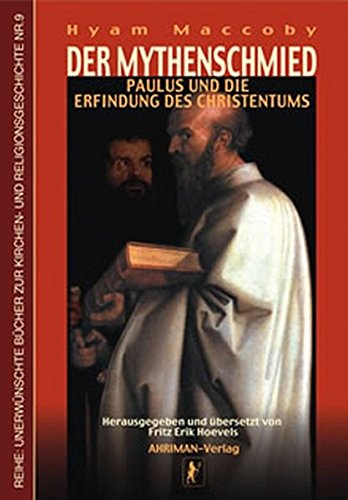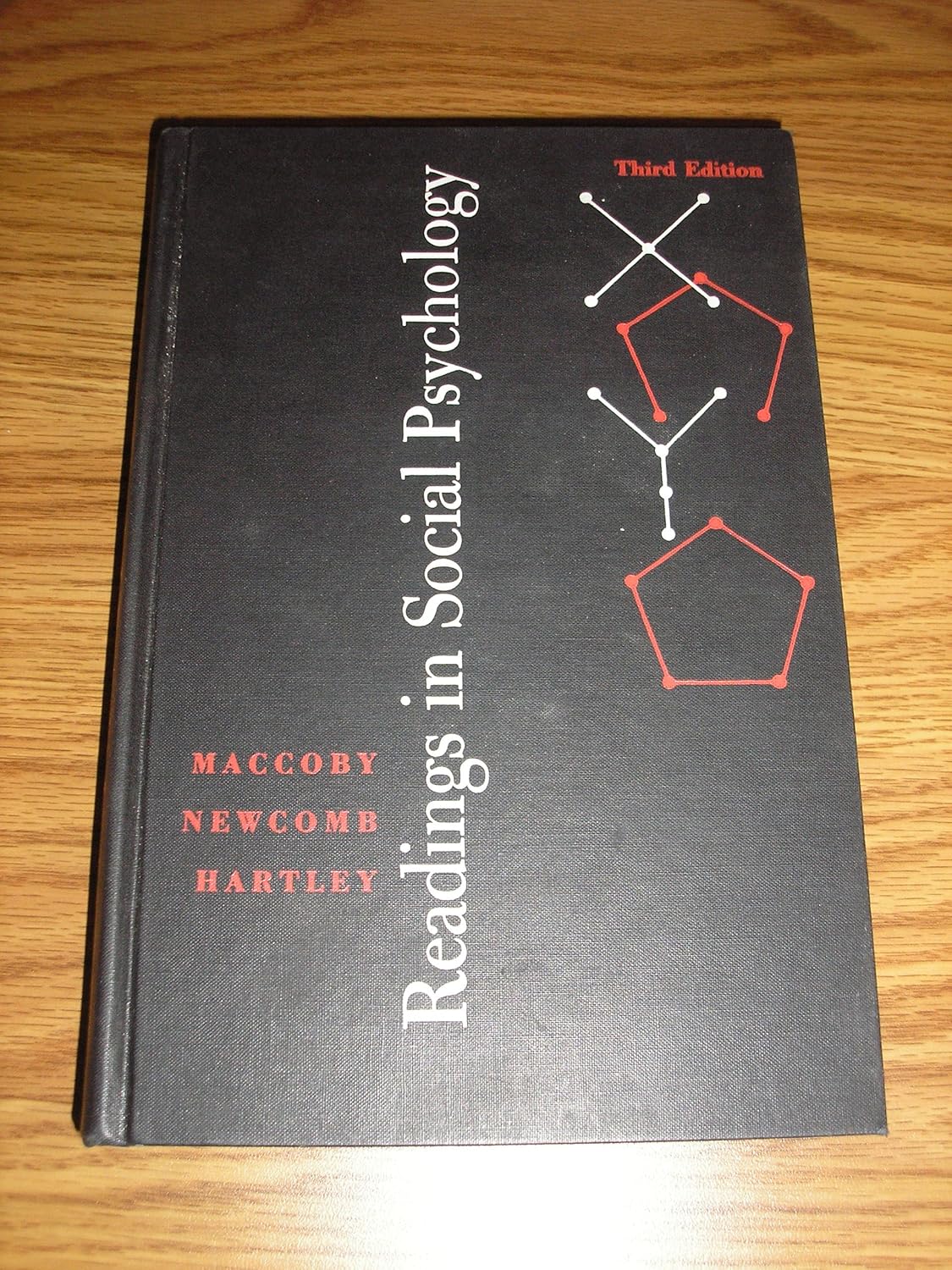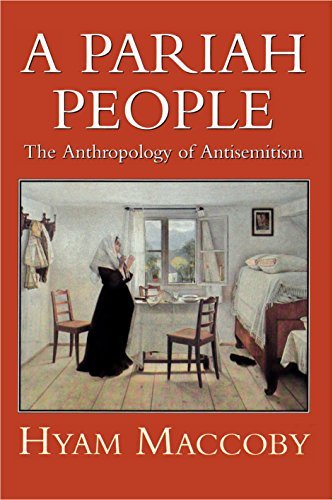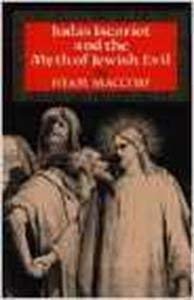The Legacy of Hyam Maccoby: Rethinking Historical Narratives
Hyam Maccoby, a prominent British scholar and author, made significant contributions to our understanding of religious history, particularly concerning early Christianity and Judaism. His work challenges conventional narratives and invites us to rethink the historical contexts that have shaped modern religious thought. This article explores Maccoby’s legacy, examining his key ideas and their implications for understanding historical narratives.
Who Was Hyam Maccoby?
Hyam Maccoby (1917-2004) was a multifaceted intellectual known for his work as a historian, theologian, and playwright. Born in London to a Jewish family, Maccoby’s academic journey led him to study at the University of Cambridge, where he focused on the history of religions. His unique perspective was shaped by his Jewish heritage and his critical engagement with Christian texts.
Maccoby’s scholarship spans various topics, but he is best known for his arguments regarding the historical Jesus and the origins of Christianity. His most notable works include “The Mythmaker: Paul and the Invention of Christianity” and “Jesus the Pharisee.” Through these texts, Maccoby sought to challenge prevailing interpretations of Jesus’ life and the development of Christian doctrine.
Challenging Traditional Narratives

Maccoby’s work is characterized by a critical reevaluation of established historical narratives. He argued that traditional accounts of Jesus and early Christianity often reflect theological biases rather than objective historical facts. Maccoby’s analysis can be summarized through several key challenges to accepted narratives:
- The Role of Paul: Maccoby argued that the Apostle Paul played a pivotal role in shaping Christianity, often at the expense of Jesus’ original teachings. He posited that Paul’s interpretations were heavily influenced by Hellenistic thought, which diverged significantly from the Jewish context of Jesus.
- Jesus as a Pharisee: In “Jesus the Pharisee,” Maccoby asserted that Jesus was not the anti-establishment figure often portrayed in Christian texts. Instead, he emphasized Jesus’ connections to Pharisaic traditions, suggesting that much of what Jesus taught was consistent with Jewish law and ethics.
- Reevaluation of Anti-Semitism: Maccoby critiqued how early Christian writings contributed to anti-Semitic attitudes. He argued that the negative portrayal of Jews in the New Testament should be understood within the context of intra-religious conflict rather than as a reflection of Jesus’ own views.
The Impact of Maccoby’s Work
Maccoby’s scholarship has had a profound impact on the fields of religious studies, history, and interfaith dialogue. His critical approach encourages scholars and laypersons alike to reconsider long-held assumptions about the relationship between Judaism and Christianity. Some of the significant impacts include:
- Interfaith Understanding: By highlighting the shared roots of Judaism and Christianity, Maccoby’s work fosters a greater appreciation for interfaith dialogue. His insights encourage a more nuanced understanding of religious differences and commonalities.
- Scholarship on Early Christianity: Maccoby’s contributions have influenced a generation of scholars who seek to explore the Jewish context of Jesus and the early church. His arguments have paved the way for more rigorous historical analysis that includes diverse perspectives.
- Public Engagement: Maccoby’s writings have reached beyond academia, engaging broader audiences in discussions about faith, history, and identity. His accessible style and thought-provoking arguments have made complex ideas more relatable.
Case Studies: The Relevance of Maccoby’s Ideas

To illustrate the relevance of Maccoby’s ideas, consider two case studies that highlight the ongoing importance of rethinking historical narratives:
Case Study 1: The Jesus Seminar

The Jesus Seminar, an organization of scholars dedicated to the historical Jesus, has been influenced by Maccoby’s work. This group has sought to distinguish between the historical figure of Jesus and the theological constructs built around him. Maccoby’s emphasis on Jesus as a Pharisee aligns with the Seminar’s efforts to recover the Jewish context of Jesus’ teachings. This collaboration has led to:
- A greater appreciation for the complexities of Jesus’ identity.
- A more critical examination of gospel texts and their development.
- Increased dialogue among scholars of various faiths regarding the implications of their findings.
Case Study 2: The Rise of Interfaith Initiatives

In recent years, interfaith initiatives have gained prominence as communities seek to bridge divides between religions. Maccoby’s insights into the shared heritage of Judaism and Christianity have inspired efforts to promote understanding and cooperation. Initiatives often include:
- Joint educational programs that explore the historical roots of both faiths.
- Community service projects that emphasize shared values and ethics.
- Public discussions and dialogues that challenge stereotypes and foster mutual respect.
Statistics and Trends in Religious Studies

The legacy of Hyam Maccoby is reflected in broader trends within religious studies and interfaith relations. Recent statistics indicate a growing interest in understanding religious narratives through critical lenses:
- A 2021 survey by the Pew Research Center found that over 60% of Americans believe interfaith dialogue is essential for promoting peace.
- Research shows a 25% increase in university programs focused on religious studies and interfaith dialogue since the early 2000s.
- Online platforms and forums dedicated to discussing the historical Jesus have seen a surge in participation, indicating a rising public interest in these topics.
Conclusion: The Enduring Influence of Hyam Maccoby

Hyam Maccoby’s legacy is one of critical inquiry and thoughtful reflection on the historical narratives that shape our understanding of faith. His challenges to traditional interpretations of Jesus and early Christianity invite us to rethink the complexities of religious history. By promoting a more nuanced understanding of interfaith relationships, Maccoby has opened pathways for dialogue that continue to be relevant today.
As we engage with Maccoby’s work, we are reminded of the importance of questioning established narratives and seeking a deeper understanding of our shared human experience. His contributions encourage us to embrace complexity and foster connections across faiths, enriching the ongoing discourse surrounding religion and history.


